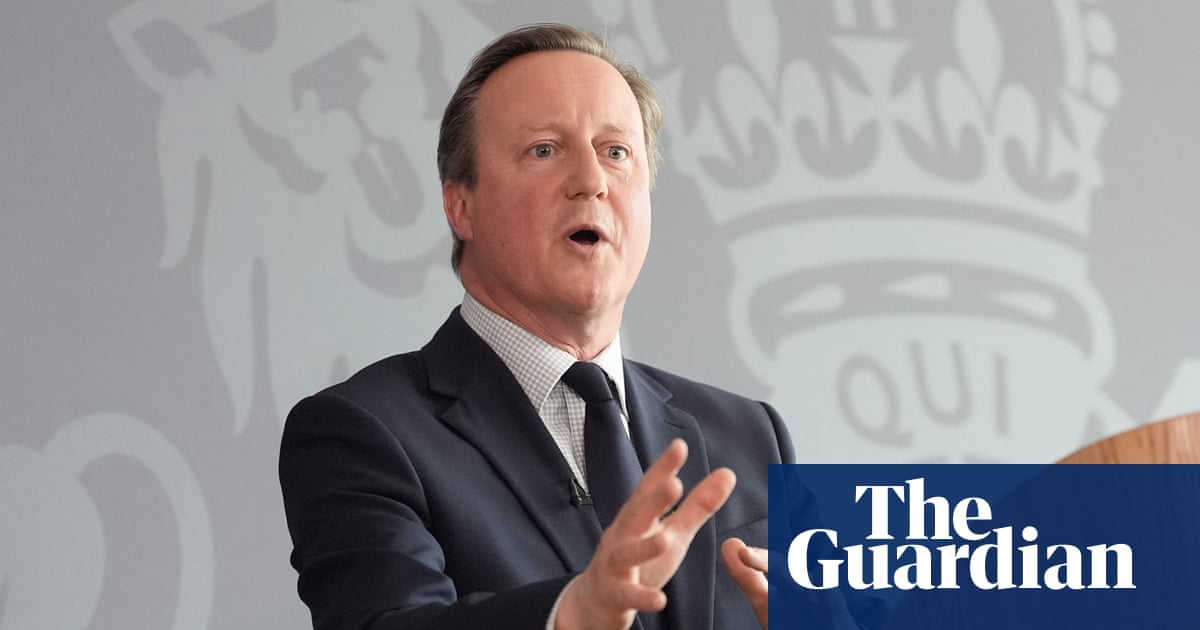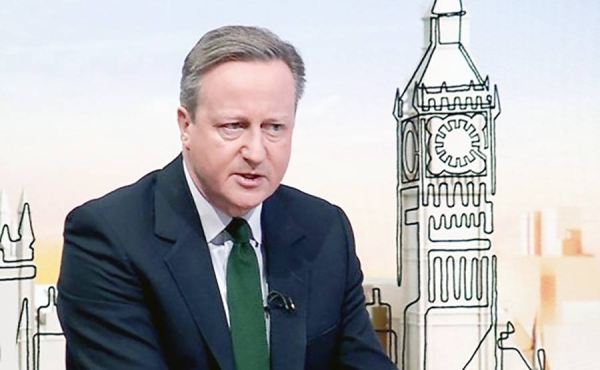
Half of Afghanistan’s 18m population require humanitarian assistance
LONDON: Members of the UN Security Council have unanimously voted to extend the international organization’s assistance mission in Afghanistan in the wake of the Taliban’s sweeping takeover of the country.
At a meeting on Friday, all five permanent members and the 10 rotating members of the Security Council, opted in favor of a resolution tabled by Norway and Estonia to allow the UN Assistance Mission Afghanistan’s mandate to run for another six months, until March 17.
The resolution also called for the formation of “an inclusive and representative government,” and emphasized the importance of “the full, equal, and meaningful participation of women” in the country moving forward.
It also reaffirmed the importance of combating terrorism in Taliban-run Afghanistan, adding that, “the territory of Afghanistan should not be used to threaten or attack any country, to plan or finance terrorist acts, or to shelter and train terrorists, and that no Afghan group or individual should support terrorists operating on the territory of any country.”
UNAMA is the UN’s main humanitarian facilitator in Afghanistan. It coordinates with other UN bodies such as the World Food Program to deliver aid in the country and employs more than 1,000 people, the majority of them Afghan nationals.
At a press conference prior to the Security Council meeting, US Ambassador to the UN Linda Thomas-Greenfield said: “We will hold the Taliban accountable not for what they say, or what they have written in these written commitments, but for their actions. The international community is unified in that position, across the board.”
On how America would deal with any Taliban actions it disagreed with given it no longer had troops in the country, the envoy added: “Our leverage remains. We are one of the largest contributors of humanitarian assistance in Afghanistan, and that gives us tremendous leverage.”
According to the UN, 18 million people in Afghanistan are now in need of humanitarian assistance — around half of the country’s population.
During Friday’s Security Council meeting, Thomas-Greenfield again reaffirmed her country’s commitments to human rights — particularly those of women and minorities — in Afghanistan.
She described the extension of UNAMA’s mission as an “important step” that demonstrated the Security Council’s commitment to the UN’s role in “supporting the Afghan people.”
Britain’s permanent representative to the UN, Barbara Woodward, said: “On counterterrorism, we hope the Taliban will live up to the commitments they made in Doha (the capital of Qatar).”
Part of the Taliban’s agreements with the US that facilitated the withdrawal of American forces from the country was that the Taliban would no longer allow their territory to be used as a safe haven for terrorists.
Afghanistan was invaded by the US and its NATO allies in 2001 after it was found that the Taliban government was harboring Al-Qaeda operatives, including Osama bin Laden, that had been central to the deadly attacks in America that killed nearly 3,000 people on Sept. 11, 2001.
Echoing the US, Woodward said: “We will calibrate our approach to the Taliban according to the actions they take.”












